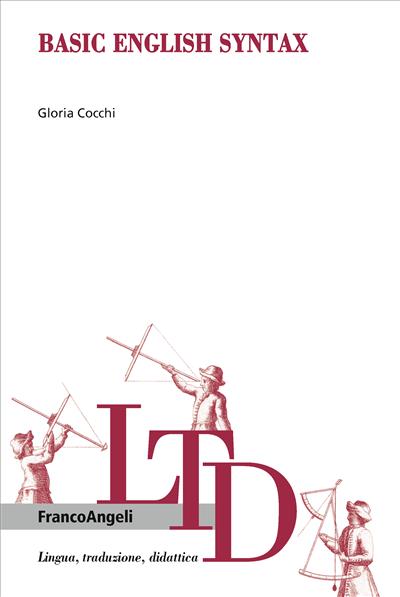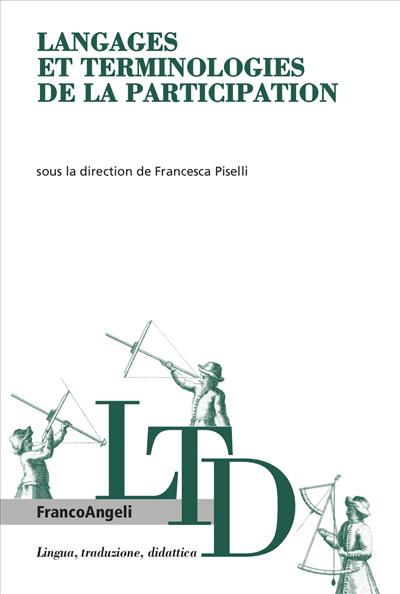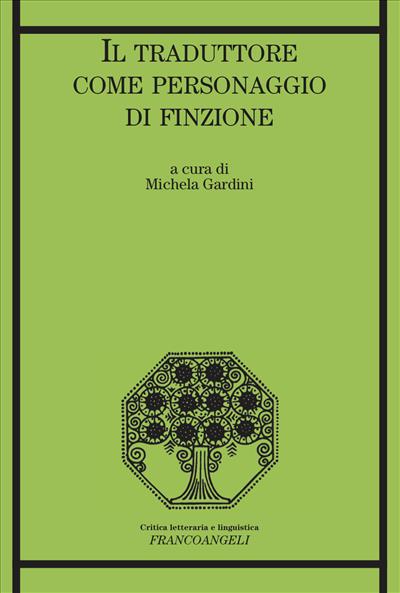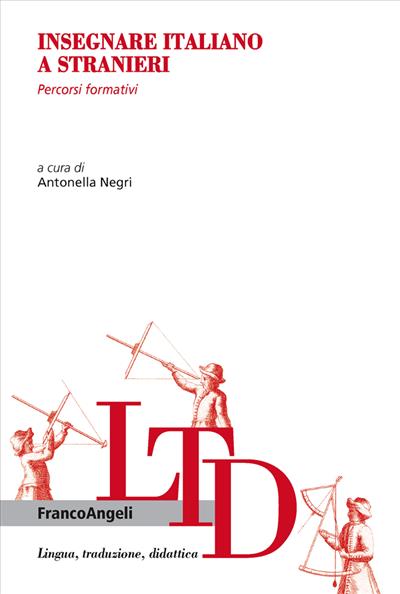
Basic English Syntax
This book is designed as an introduction to English syntax, in that it offers an overview of the core syntactic phenomena which characterize this language and proposes a principled explanation for them. Though we will base our discussion on English, this language will often be contrasted with other languages, in order to show how phenomena that look different may be given a common explanation, based on a diverse parametric choice.
Edizione a stampa
22,00
Edizione a stampa
22,00
Pagine: 202
ISBN: 9788891787989
Edizione: 1a ristampa 2023, 1a edizione 2019
Codice editore: 1058.54
Disponibilità: Buona




